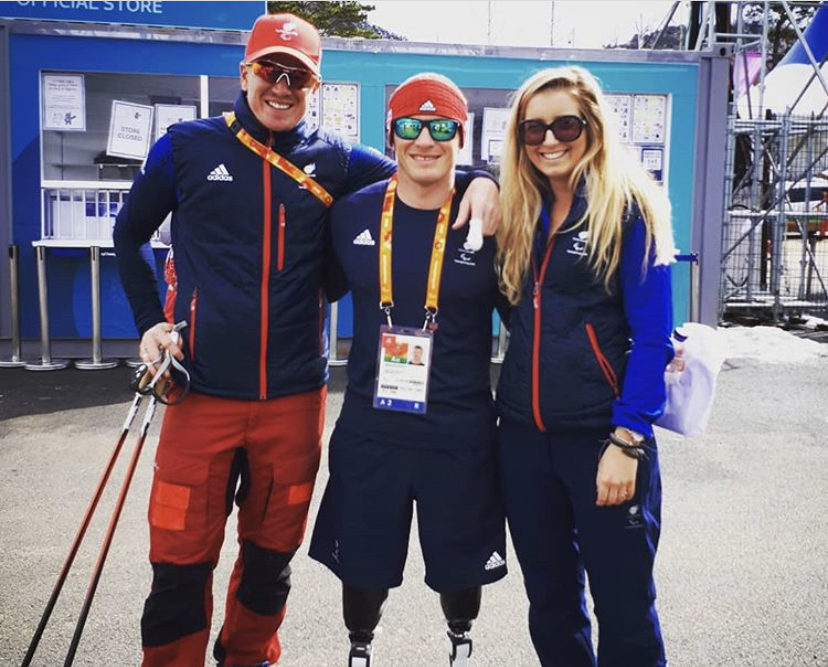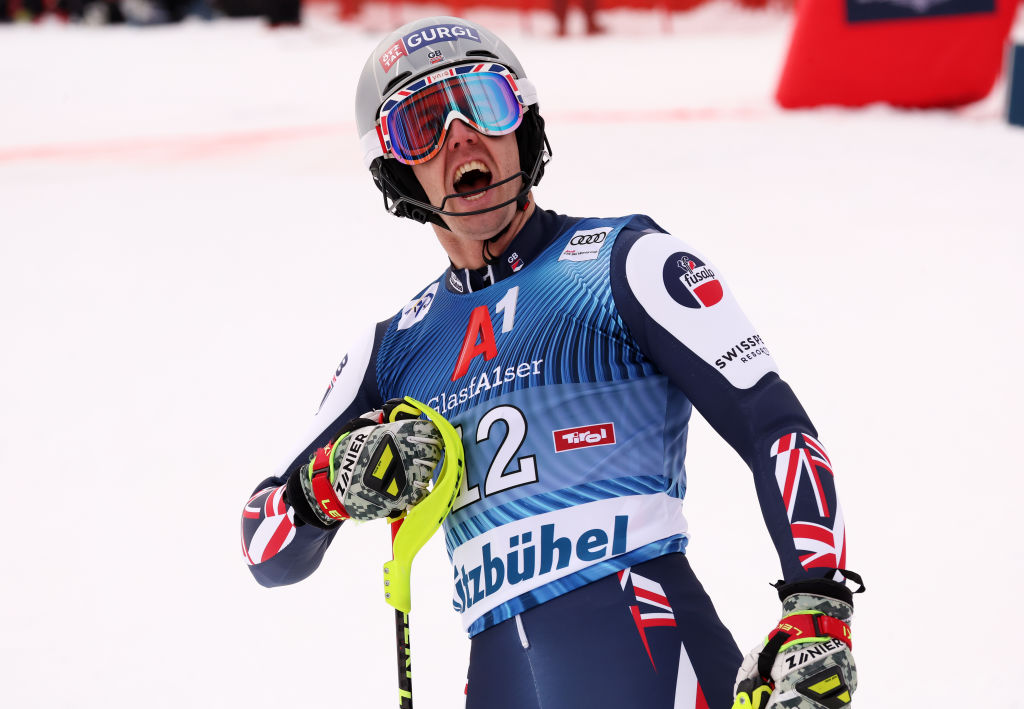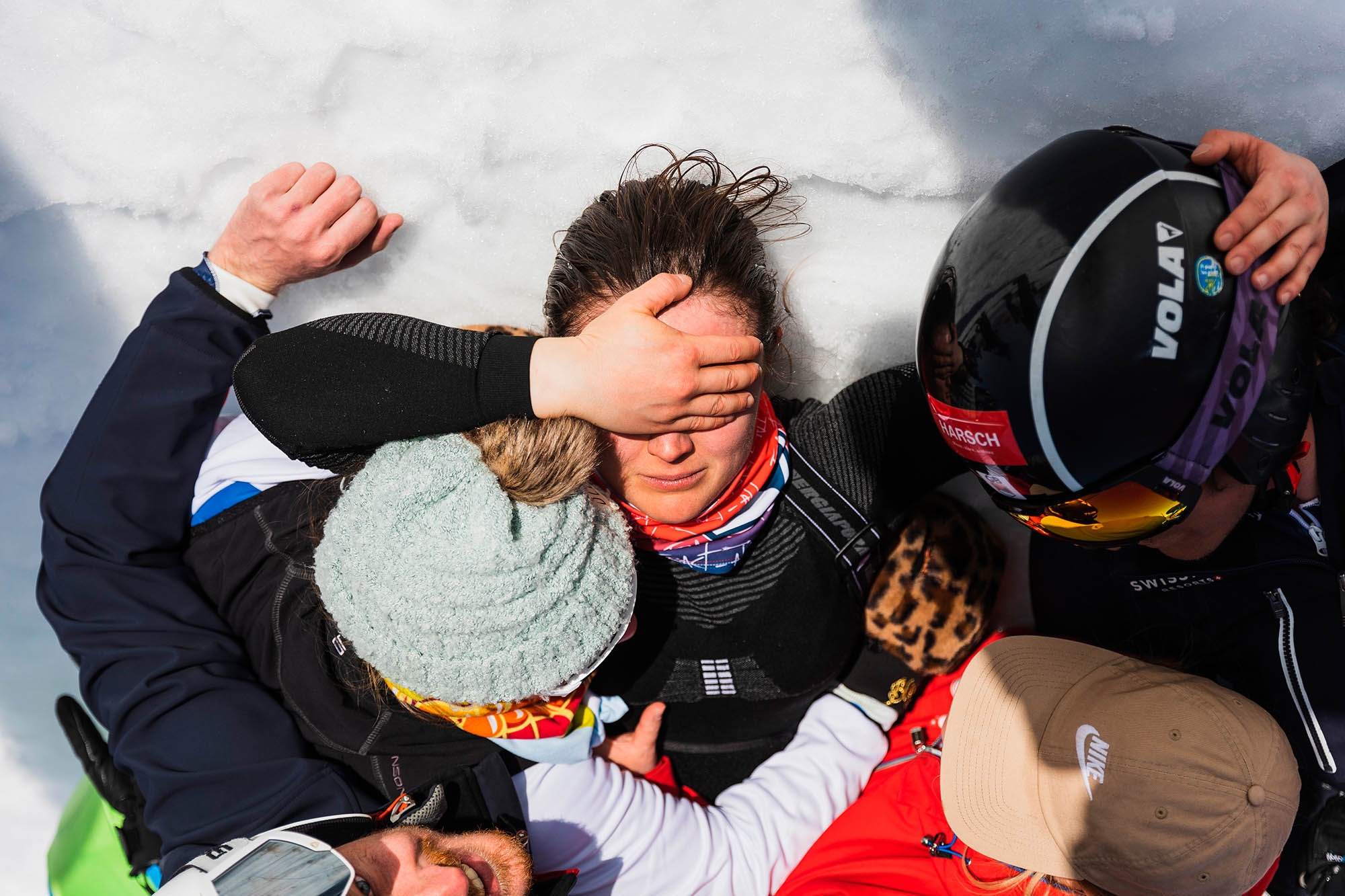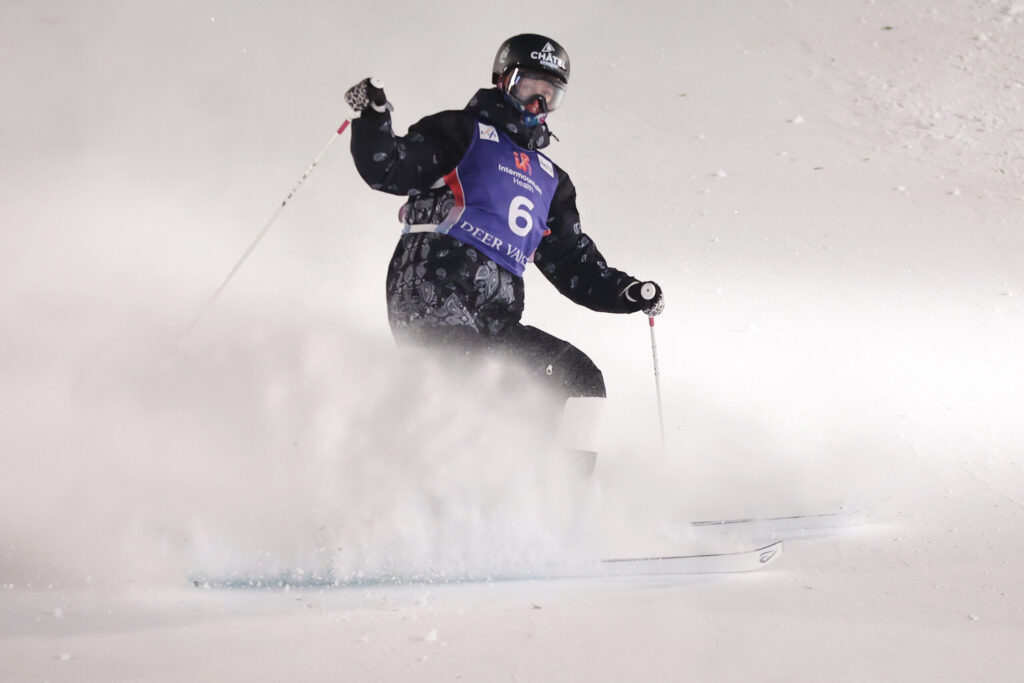
Being successful is not enough for Jayne Kavanagh, GB Snowsport’s Head of Culture and Para Operations – she wants to ensure that success lasts to deliver GBS’ ambitious target of being a top five Winter Olympic and Paralympic Sport by 2030.
After being a mainstay of the Invictus Games structure, where she supported the Invictus Games Foundation on the construction of the Sports programme, operating as Director of Sport in Orlando and being the Chef de Mission for Team UK in both Toronto and Sydney, Jayne is now looking to transfer her knowledge to GBS.
Jayne has no doubts of the potential that exists at GBS: “I think the biggest development has been around increasing our performance focus and reducing our results focus. While for some this is a very subtle difference, this has allowed a higher level of accountability across athletes and staff, and provided a stronger support network with the team better aligned to the goal.
“We have continued to build coaching team, have brought on critical individuals within some key performance areas, and have strengthened the SSSM provision.
And significantly she believes: “We have the capability to be exceptional, but we also need to make sure that we are sustainable and continue to always think about the Games cycle after this one. We need to use the positive shift of the last 18 months to ensure we provide a level of balance and structure, while never stopping being curious and embracing change!”
She also sees the benefits of Paralympic and Olympic snowsports sitting under one umbrella: “We have seen in the Paralympic programmes athletes and staff taking the step up; embracing change, supporting each other through it, and ultimately surpassing every target set.”
And with that mindset have come results: “We have won more medals and achieved top 10 performances in more events across more classifications than ever before. We have made mistakes on the way, but we have been embraced by a culture that accepts this and encourages us to learn.’
“I think if we had to narrow down why this has worked, I would put it down to an immense level of curiosity across all athletes and staff. We don’t stop asking why, and we don’t stop until we understand and move forward.
“We want to increase the size and depth of our programmes, to ensure we can be more medal competitive across more events and classifications. This season has been one built on extremes; the lows of cancelled world champs and world cup finals, injuries and the overwhelming personal and professional impact of Covid-19.”
But amongst this, there have been massive highs this season; a GB athlete winning Dew Tour, first Para Snowboard World Cup Gold, the first male Visually Impaired Para Alpine World Cup Medals and the unprecedented leap in Para Nordic performances to name but a few.
The Head of Para Operations said: “This season has seen what we can do when the situation is so damn tough. I can only be excited for the next 666 days.”
Those 666 days of course lead to the Winter Paralympic Games in Beijing and Jayne shares the excitement that everyone is feeling. She said: “Paralympic and Olympic Snowsport sitting under one NGB has opened up a wealth of opportunity. GBS are now accountable for 98% of all medals available at a Paralympic Games and 50% for an Olympic Games. This gives us the largest medal responsibility across all summer and winter Olympic and Paralympic NGBs.
“For some, this could be incredibly daunting; however, the Paralympic disciplines have come across to operate within a rapidly growing NGB with a superb leadership team in Vicky (Gosling), Dan (Hunt) and Pat (Sharples). We have joined an organisation that put athletes first; that want the performances as much as the athletes do, but also ensure that the journey to get there is the best it can be. “
And the great leadership at GBS has led to so much more in the exchange of ideas – particularly between the Paralympic and Olympic squads – something Jayne acknowledges: “I think this all comes down to our super-strengths. While we are small, we have a huge amount of knowledge and expertise. We have more disciplines, more medal opportunity, and more competition days in a year than most – this means we are constantly learning.
“The opportunity for cross over is immense, and the transition of skills between squads is immense. All squads have the opportunity to learn from each other, and I think that this is just another way to help us strive towards our vision of being a top 5 nation by 2030.”
 Share
Share

